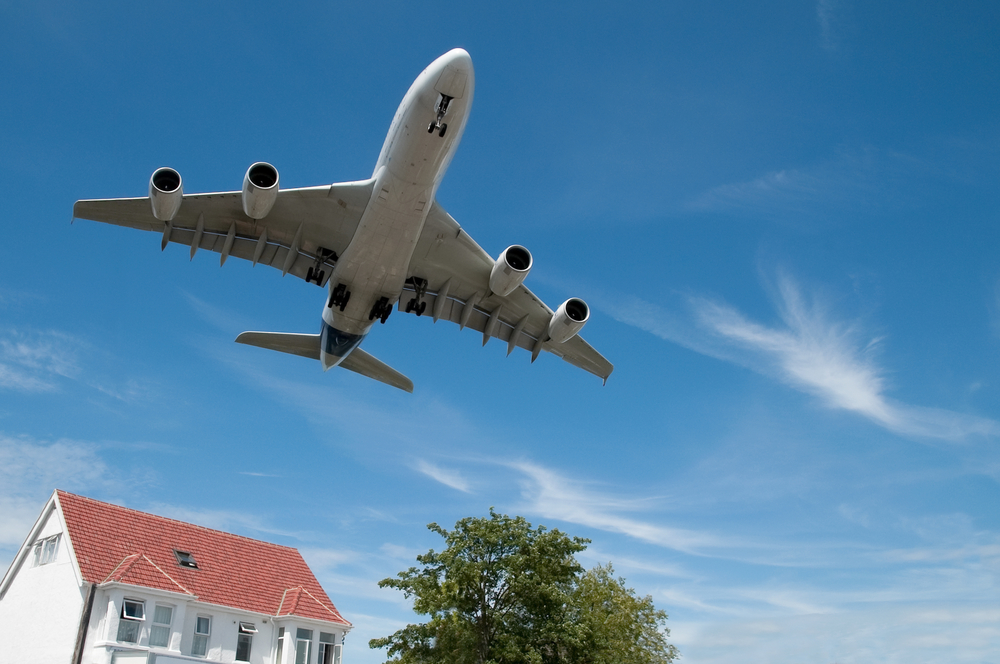Too much outside noise an issue for over one third of Dutch homes


Over one third of homes in the Netherlands are in places which break new World Health Organisation guidelines on noise pollution, broadcaster RTL Nieuws said on Wednesday.
‘Excessive noise seriously harms human health and interferes with people’s daily activities at school, at work, at home and during leisure time,’ the WHO said.
‘It can disturb sleep, cause cardiovascular and psychophysiological effects, reduce performance and provoke annoyance responses and changes in social behaviour.’
The new guidelines include a 53 decibel limit for road noise, a 54 decibel limit for trains and a 45 decibel limit for aircraft.
RTL analysed information from the public health institute RIVM and found that 37% of Dutch homes – around three million in total – experience outside noise of at least 55 decibels.
The RTL figures are based on the cumulative impact of different sources of noise. ‘After all, the noise in one house can be down to roads, a train, a plane or wind turbines,’ the broadcaster said.
Stronger impact
Stephen Stansfeld, the head of the committee which drew up the new WHO guidelines, says the impact of cumulative noise on health has not been properly researched but there are indications that noise pollution from different sources ‘can have a stronger effect’, the paper said.
‘If you add all the sources of noise together, you can say that hundreds of people in the Netherlands will have a heart attack every year because of noise,’ Fred Woudenberg, from Amsterdam’s regional health service told RTL.
The new WHO guidelines also include new noise sources, namely wind turbine noise and leisure noise from nightclubs and cafes.
Thank you for donating to DutchNews.nl.
We could not provide the Dutch News service, and keep it free of charge, without the generous support of our readers. Your donations allow us to report on issues you tell us matter, and provide you with a summary of the most important Dutch news each day.
Make a donation